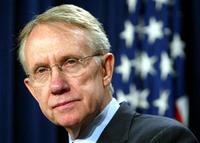Roller coaster prices at the pumps
 And you thought gas was already expensive? According to the Globe and Mail, two stations in Stratford, Ontario opened on Tuesday charging $2.24 a litre, although their prices dropped later in the day to under $1. Just after 3PM EDT, a station in Barrie, Ontario was reportedly charging $1.99. Other service stations in that southern Ontario city were charging less.
And you thought gas was already expensive? According to the Globe and Mail, two stations in Stratford, Ontario opened on Tuesday charging $2.24 a litre, although their prices dropped later in the day to under $1. Just after 3PM EDT, a station in Barrie, Ontario was reportedly charging $1.99. Other service stations in that southern Ontario city were charging less. Now, I understand that gas prices are going to go up, and I understand that recent damage to refineries in the Gulf is going to have an impact. But I think that there certainly is some possibility of gouging, particularly when you have prices doubling overnight to over $2 and then plummetting back down again later in the day. This is getting ridiculous, really. It's time for the federal government (or the provinces, if Ottawa won't do it) to get involved and figure out what's going on. Some will argue that Ottawa should be spending its time on other things, but really, anything is an improvement from months of insults about the sponsorship programme. And it has to be admitted that these gas price fluctuations are getting out of hand. Let's have some leadership from Ottawa on national energy needs and on gas prices.







